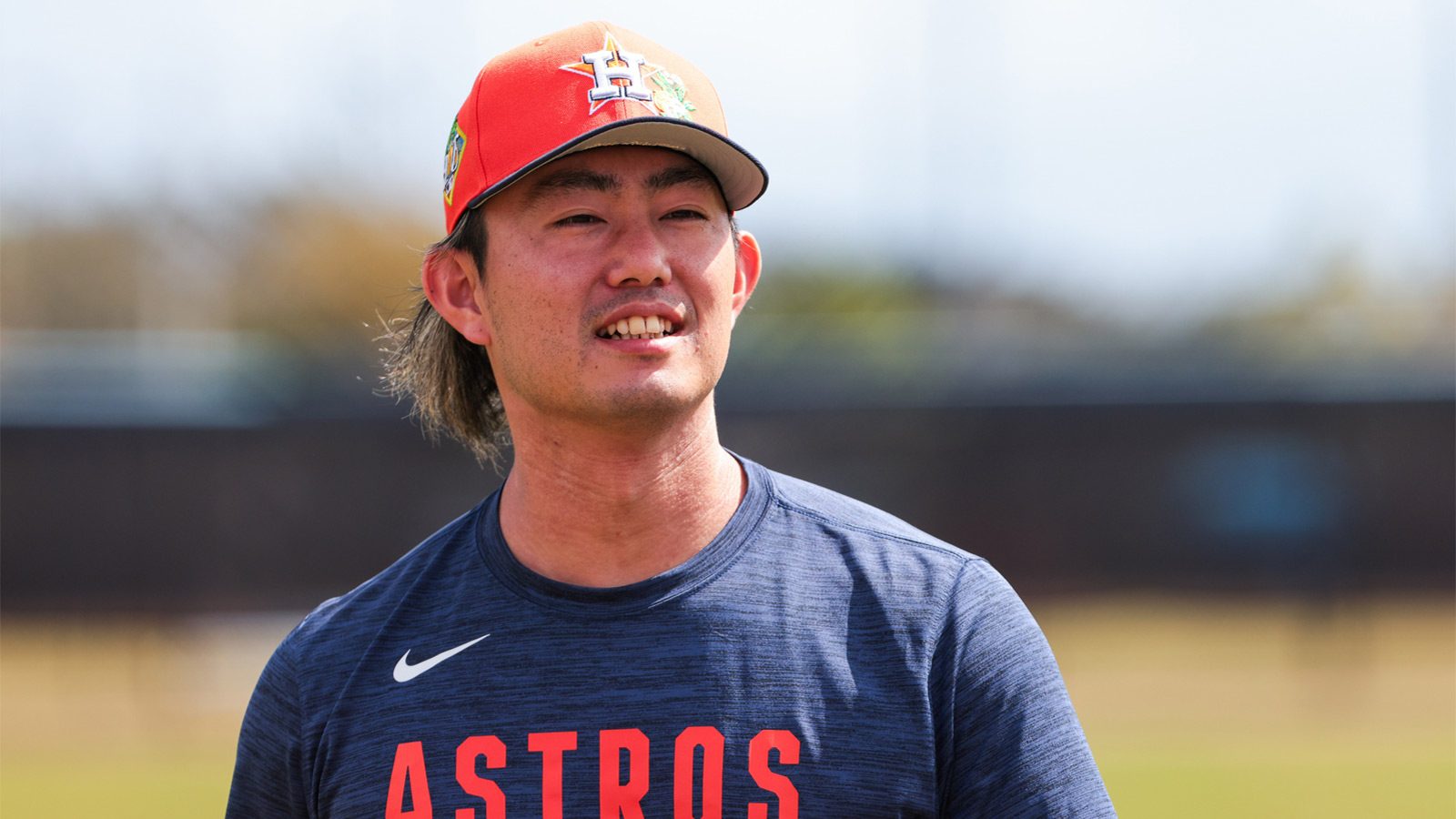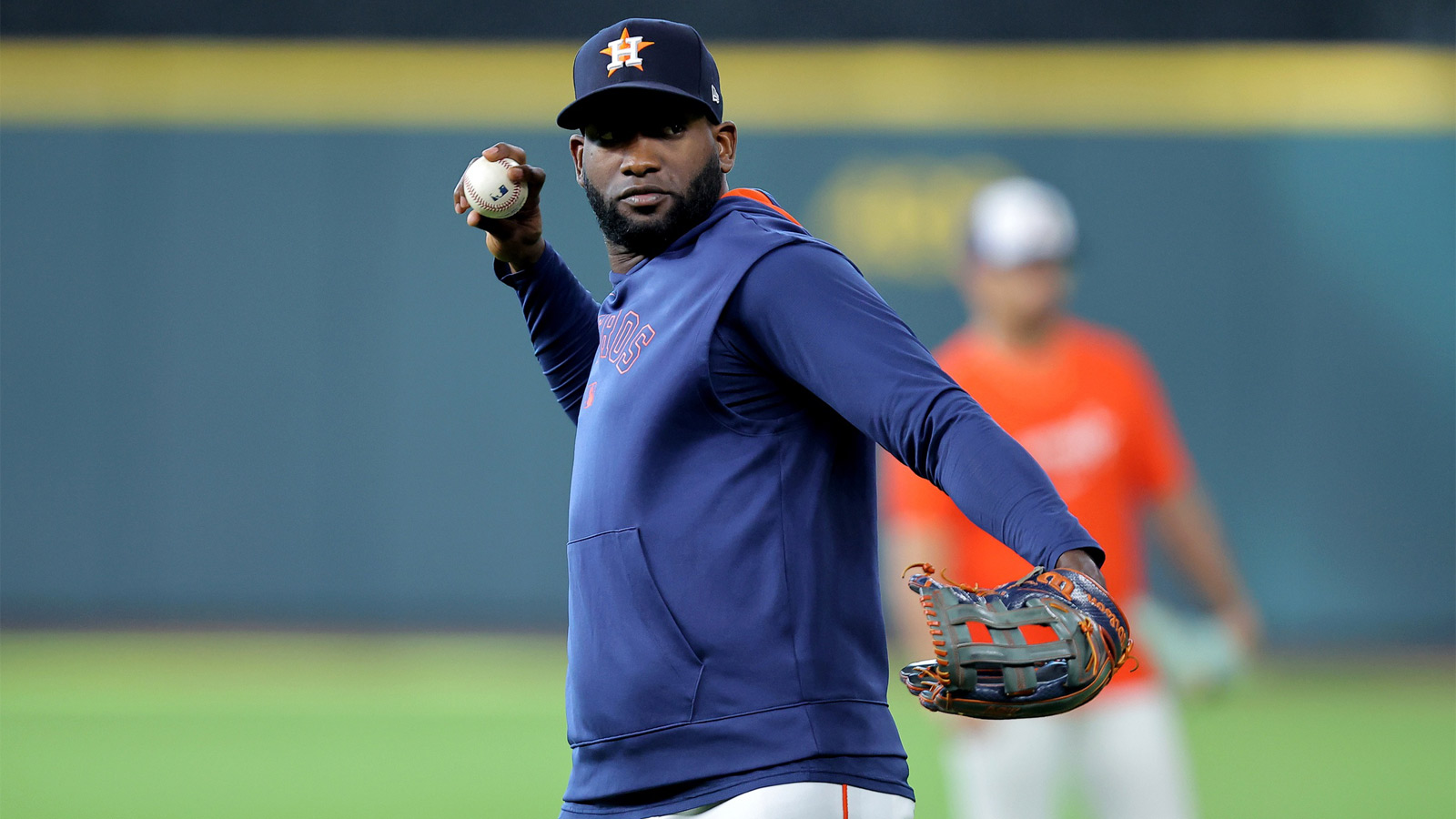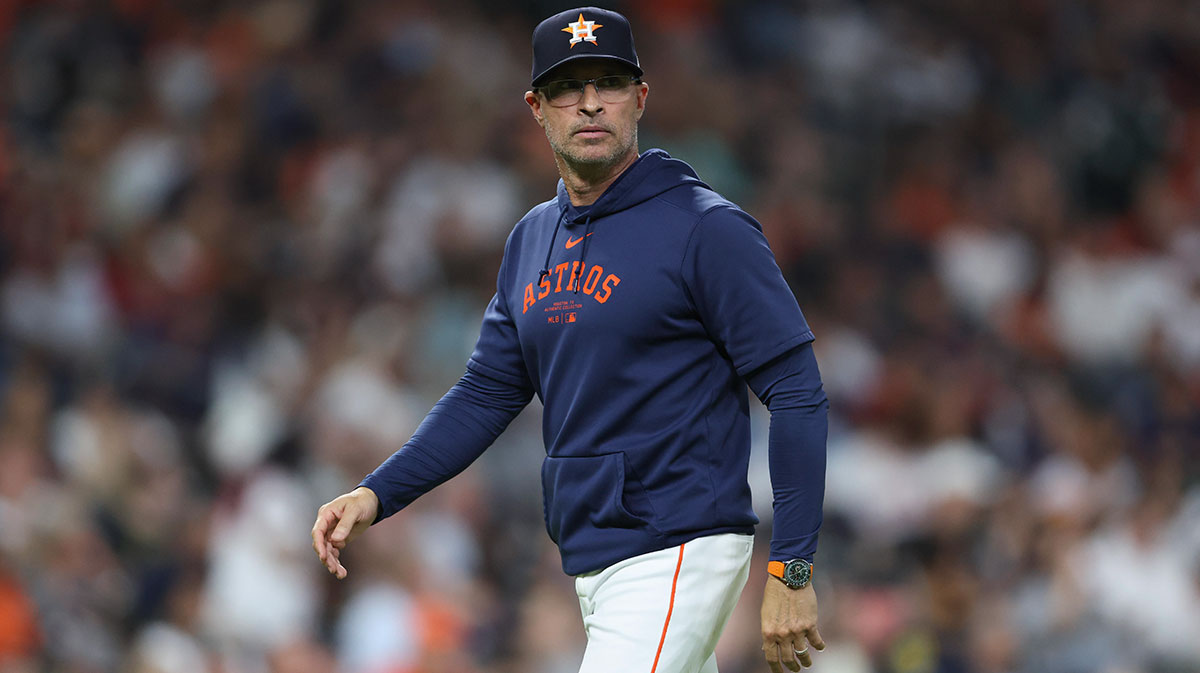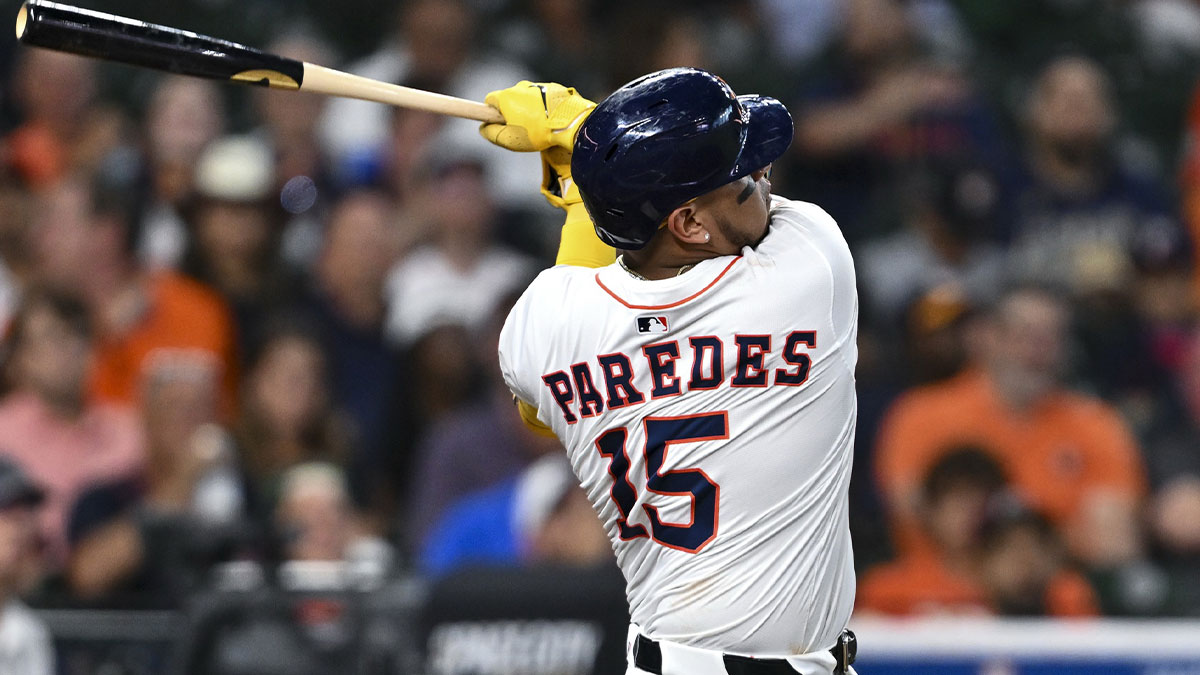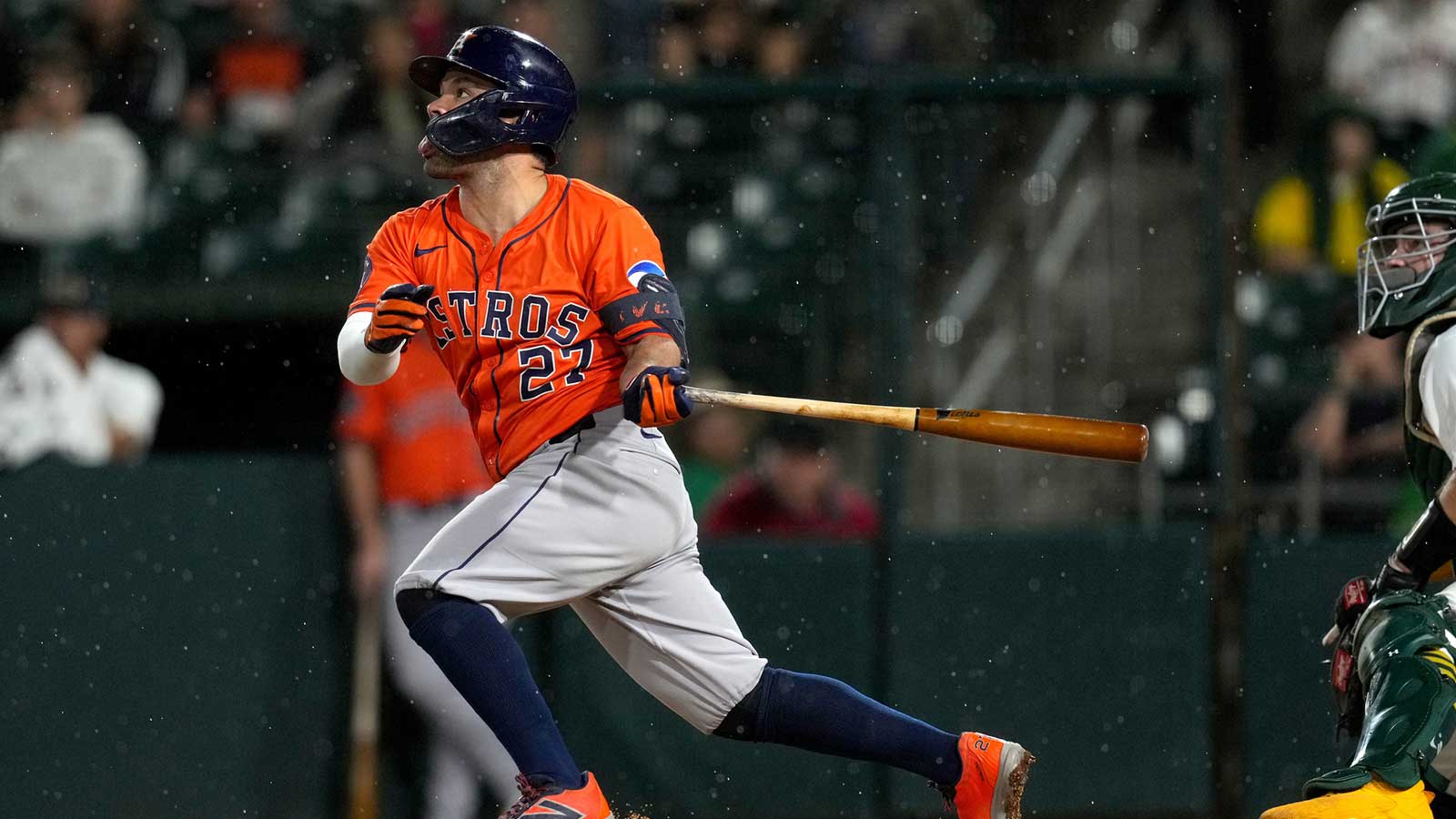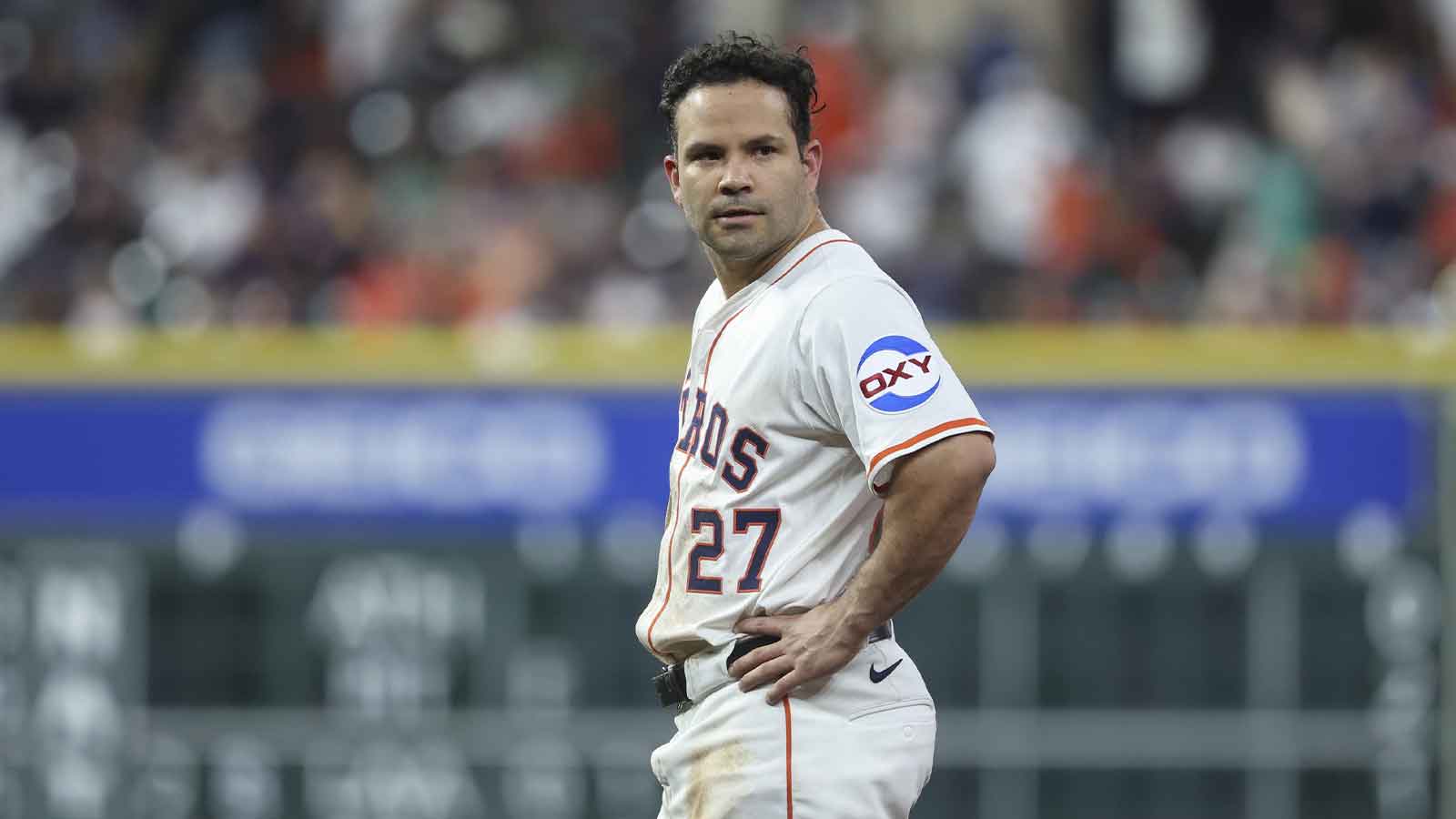Late last month, Houston Astros closer Josh Hader pitched his first two-inning stint since 2019.
That gap was no accident. Hader, one of the most dominant relief pitchers in recent memory, had spent the previous four years working under self-imposed rules limiting himself to a single inning in order to keep himself healthy.
That remained Hader's position until the Astros signed Hader to a five-year, $95 million deal. It is the first multiyear deal of Hader's career.
Now that his professional future is secured, Hader and his agent wanted to tell Buster Olney of ESPN the story about MLB's system and why an arbitration hearing with the Milwaukee Brewers encouraged the Astros reliever to set the innings limitations in the first place:
“And yet Hader lost his arbitration hearing in 2019 and went unsigned for months this winter, in what Berry said he believes is a lack of acknowledgment of his importance to a roster. It's a well-known pressure point for relievers and even starters. Last year, Tampa Bay Rays reliever Ryan Thompson posted about his issues with the arbitration process; he made $1 million in 2023 after asking for $1.2 million. Now-Baltimore Orioles ace Corbin Burnes lost his hearing and earned $10 million rather than $10.75 million and said his hearing “definitely hurt” his relationship with the Brewers.
According to multiple agents interviewed for this story, the industry's view of relievers has made them more and more disposable: Teams believe relievers' volatility means it makes more sense to cycle through a high volume of bullpen arms with one-year obligations rather than committing to multiyear contracts. One agent pointed to a parallel to how NFL teams view running backs.
“This efficiency model has taken over a lot of the industry,” Berry said, “and it's bonkers.”
In 2013, the 30 teams across MLB used 513 relievers. Last season, 651 pitched in major league games — an increase of more than 25% over a decade, with many at or close to minimum wage. That this all comes at a time when arm injuries are ever more prevalent only exacerbates the problem.
Through the course of reporting this story, players, agents and members of multiple front offices agreed with Hader and Berry's larger point.
“The system is broken,” one team staffer said. “We need to find a way to make it better.”‘
While saves are an important metric for evaluating relievers, it has become less and less accurate as a measurement of a successful relief pitcher as more advanced metrics have developed over the years. As long as Major League Baseball continues to overvalue the save in arbitration, it's possible that more pitchers will look to emulate the Astros star's self-imposed innings limitations.










